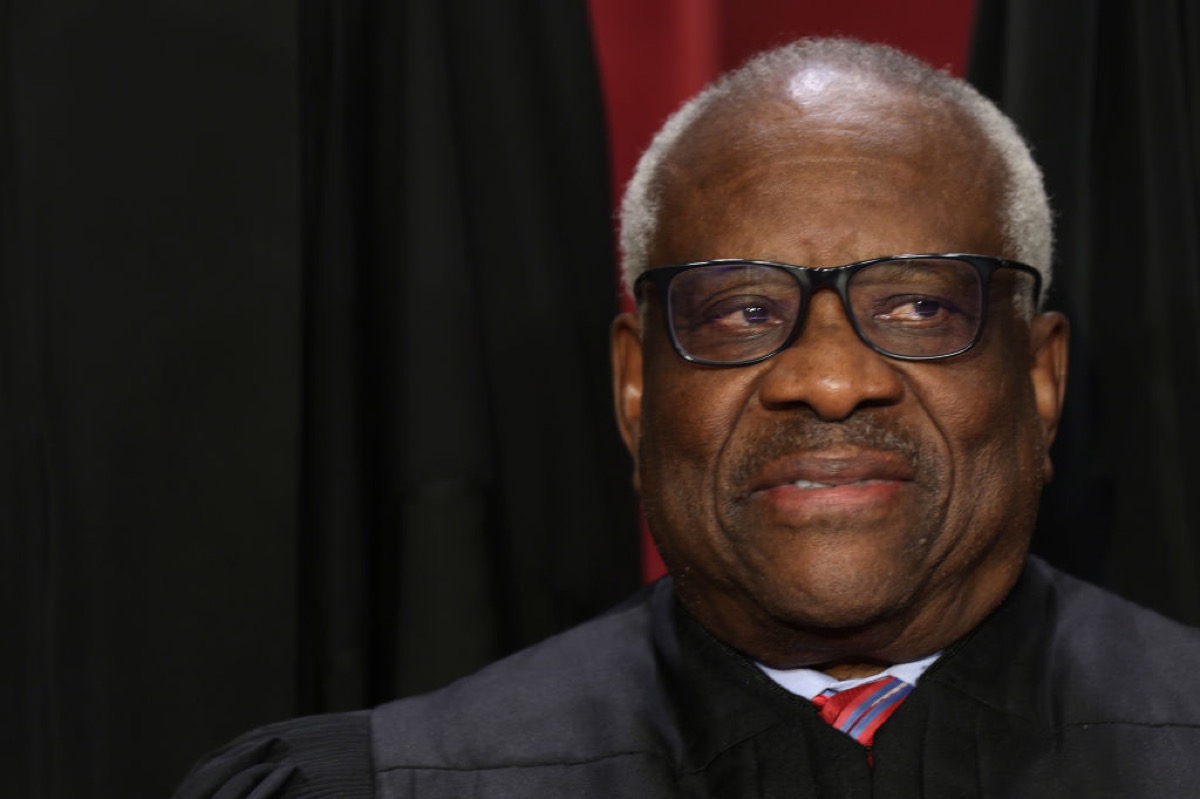Earlier this week, the Supreme Court voted to turn down a request to hear a case relating to emails sent by former president Donald Trump following the 2020 election. However, Justice Clarence Thomas, alleged sexual predator and known liar, recused himself from the vote without explanation.
Generally, judges only recuse themselves from hearing cases when they have a conflict of interest with the parties involved or if they could somehow be biased against/for a particular party. In this instance, Thomas did not recuse himself from hearing a case, but rather from the vote deciding whether the Court would hear the case; a decision that could indicate a potential conflict of interest or bias if the case were to be heard.
John Eastman, one of Donald Trump’s former attorneys, presented the case to the Supreme Court. Eastman previously worked under Thomas as a law clerk, which in and of itself does not create a conflict of interest. However, Eastman has also exchanged emails with Thomas’ wife, Ginni, about overturning the 2020 election results, which were used as evidence in the January 6 investigation by Congress.
In addition to his wife’s damning emails with Eastman, Thomas has been under extra scrutiny for his recently released financial records. The records revealed that Thomas had been accepting payments and gifts from conservative billionaire Harlan Crow, leading to doubt about the Justice’s political impartiality on the Court.
After Thomas’ recusal from the vote, the Court opted not to hear the case, meaning that the decision of the lower court stands.
(featured image: Alex Wong, Getty Images)










Published: Oct 5, 2023 04:20 pm